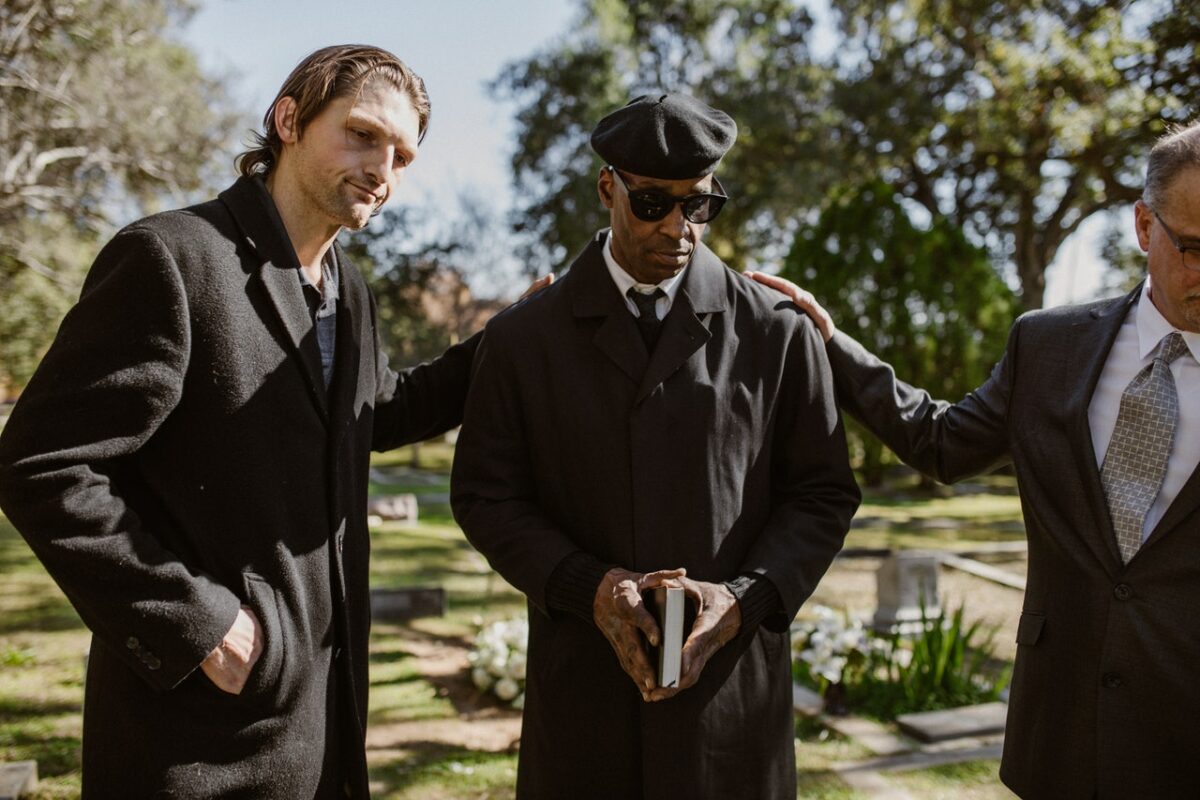As an employer, there are also many things to consider for your employees, some good like seasonal parties and festivities, others not so good like losing someone they love. It’s part of being human, the sad fact that at some time, you or one of your employees will inevitably experience the death or bereavement that will set them reeling.
How you and your management team respond can make a big difference to your employee at an already difficult time. While a positive and supportive employer can ease the burden of loss just a little, it’s equally true that an unsupportive boss who responds negatively, lacks compassion, and with minimal support makes everything more complicated at an already fraught time.
As people, we need each other, especially in the low times and having the support of others is vital. Our company has supported individuals, families, and companies, even our own staff, through times of bereavement and grief, and we want to share our knowledge to help others. We have created a list below to help you get started on supporting your staff when the worst happens.
Post Contents
Be Prepared in Advance
When you are working with people, the event of someone losing a loved one is an inevitable situation. It’s common to have plans and policies for various business outcomes, and it’s no different for bereavements. It helps to plan ahead and have a clear organisational bereavement policy, including ongoing staff training so management knows how to support a grieving employee appropriately.

Of course, much can be done without a clear policy as compassion doesn’t come through guidelines on paper. But having something in place and on paper makes things easier for all involved to know how best to handle the situation.
Offer Condolences
When first hearing the news, it’s essential to convey your condolences. Tell them how sorry you are and make sure they are not stressed about work or rushing to return. If they take time off, find out if and how they would like you to stay in touch. Ask what they would like you to share with their colleagues before sharing their news.
Support the Individual
Each person needs different things when the worst happens. Some might need support soon, while others won’t want to talk about it. Some may need substantial time off, while others may not.
Some may return to work and want the minimal fuss made, while others may need additional help to facilitate resuming work with light duties and phased return required. Future dates may be tricky too, for example, on the anniversary or if an inquest is necessary or any court proceedings.
As you can see, the possibilities of what your specific employee needs are individual, so tailored support is always the best approach. To figure out what that looks like for your situation, you will need to have a chat with your bereaved employee and ask them what they need and how you can best help.
Time-off
Follow your organisational bereavement policy and be generous where possible, as time-off requirements will vary. For example, if your employee has lost a spouse or a child, they are eligible for government support to grieve that extremely difficult and complicated loss and this will allow for more paid time off.
But beyond financial and legal considerations, personal circumstances and religious traditions need to be considered holistically. During this time, work out how they want you to keep in touch. When you speak with them, be empathetic, and remember that the return to work will be different for everyone.

Provide Ongoing Support
Once an employee returns to work, continue to support them. Grief affects everyone differently, and there is no single way to do it. Grief takes time and maybe a very up and down process.
A vital consideration is to remember grief impacts mental, emotional and physical health. When your employee returns to work, they may find it hard to concentrate or feel tired or easily overwhelmed.
They may be more emotional and scattered or not appear emotional at all, even if it is bubbling just below the surface. All you can do is try to support them during this time and not expect a single way of grieving from them.
Contact County Funerals For More Information
If you would like more information about any of our services or further advice on handling a bereavement, reach out to us for a chat. One of our experienced funeral directors can be contacted twenty-four hours a day, seven days a week.






























